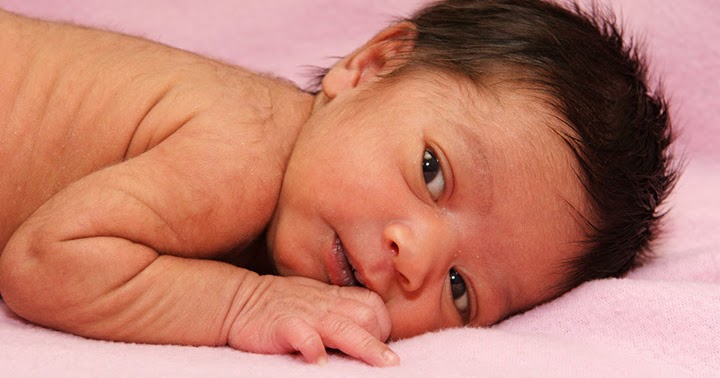 Source: bing.com
Source: bing.comIf you are expecting a baby or planning to have one, you may have wondered about the development process of the baby. Knowing where in the female body the baby develops can help you understand how your body changes and provides essential nutrients to the growing fetus.
Table of Contents
The Female Reproductive System
The female reproductive system includes the ovaries, fallopian tubes, uterus, cervix, and vagina. The ovaries produce eggs, which travel through the fallopian tubes to reach the uterus. The uterus is where the fertilized egg implants and develops into a fetus.
Where Does the Fertilization Take Place?
The fertilization process occurs in the fallopian tubes, where the sperm and egg meet. The fertilized egg then moves to the uterus, where it implants in the uterine lining and starts to develop.
Stages of Fetal Development
The early stages of fetal development occur in the first trimester of pregnancy. At this stage, the embryo undergoes rapid cell division and differentiation to form the various organs and body systems. By the end of the first trimester, the fetus has developed all its major organs and is about three inches long.
During the second trimester, the fetus grows and develops further. The baby’s movements become more pronounced, and the mother may start to feel them. The fetus also begins to develop its own immune system and can start to respond to external stimuli such as light and sound.
The third trimester is characterized by rapid fetal growth and development. The baby’s lungs mature, and the fetus gains weight in preparation for birth. By the end of the third trimester, the fetus is fully developed and ready for birth.
How Does the Mother Provide Nourishment to the Fetus?
The mother provides nourishment to the fetus through the placenta, which is a temporary organ that develops during pregnancy. The placenta allows for the exchange of nutrients, oxygen, and waste products between the mother and the fetus. The mother’s blood supply provides nutrients to the placenta, which are then transported to the fetus.
Conclusion
The female body is an amazing machine that is designed to support the growth and development of a fetus. Knowing where in the female body the baby develops can help you appreciate the incredible changes that your body undergoes during pregnancy.
So, if you are planning to have a baby or are already pregnant, take care of your body and provide it with the necessary nutrients to support the growth and development of your little one.
Frequently Asked Questions About Where In The Female Body Does The Baby Develop
Q: Can the baby develop outside the uterus?
A: In rare cases, the fetus can develop outside the uterus, usually in the fallopian tubes. This is known as an ectopic pregnancy and can be life-threatening if not treated promptly.
Q: How long does it take for the fertilized egg to implant in the uterus?
A: It takes about six to ten days for the fertilized egg to implant in the uterine lining after fertilization.
Q: Can the mother’s lifestyle affect fetal development?
A: Yes, the mother’s lifestyle can affect fetal development. Smoking, drinking, and drug use can lead to fetal developmental problems and should be avoided during pregnancy.
Q: When does the fetus start to move?
A: The fetus starts to move at around 16 to 25 weeks of gestation.
Q: How long is a full-term pregnancy?
A: A full-term pregnancy lasts about 40 weeks from the first day of the mother’s last menstrual period.
